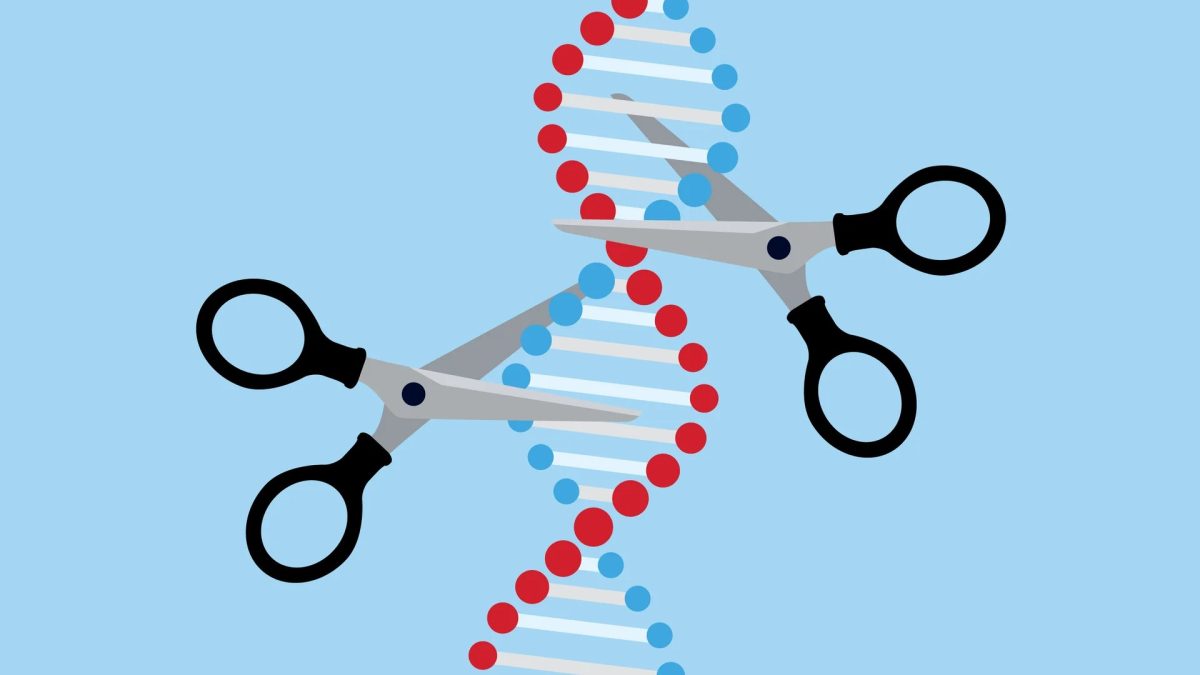Breakfast is considered by many to be the most essential meal of all, as it provides the body with fuel and energy needed to start the day. However, nearly 25% of people in the U.S., including many students at Skyline, consistently skip breakfast.
“I don’t regularly eat breakfast because I have A lunch for most of the week. If I have breakfast, I’m too full to eat my lunch,” explains sophomore Angela W. “I also don’t have the time in busy mornings.” Meanwhile, Allison F., a freshman, says she eats breakfast daily because she feels hungry when she wakes up.
Another popular reason for skipping breakfast is weight loss and health management, such as intermittent fasting, which is an eating pattern in which people only eat within a certain timeframe. However, it may be easier for people who regularly skip breakfast to gain weight, as they tend to develop unhealthy overeating habits later in the day due to intensified hunger signals.
An analysis of many studies across the U.S. and Japan conducted by Richard Ofori-Asenso, Alice J Owen, and Danny Liew showed an association between skipping breakfast and increased risk for cardiovascular diseases, including obesity and high blood pressure.
In addition, while skipping breakfast may not have visibly negative effects, especially in teenagers, it affects blood sugar and pressure levels throughout the day and can be considered dangerous for people with diabetes, hypoglycemia, or cardiovascular diseases. Going for a long period with an empty stomach can also increase the risk of gastrointestinal diseases, as acid buildup in the stomach grows.
However, it is important to remember that everyone’s body types and health conditions are different, so skipping breakfast could have varying effects. Still, students should keep its negative consequences in mind.
For more information:
Skipping Breakfast and the Risk of Cardiovascular Disease and Death:
What Happens to Your Body When You Skip Breakfast









